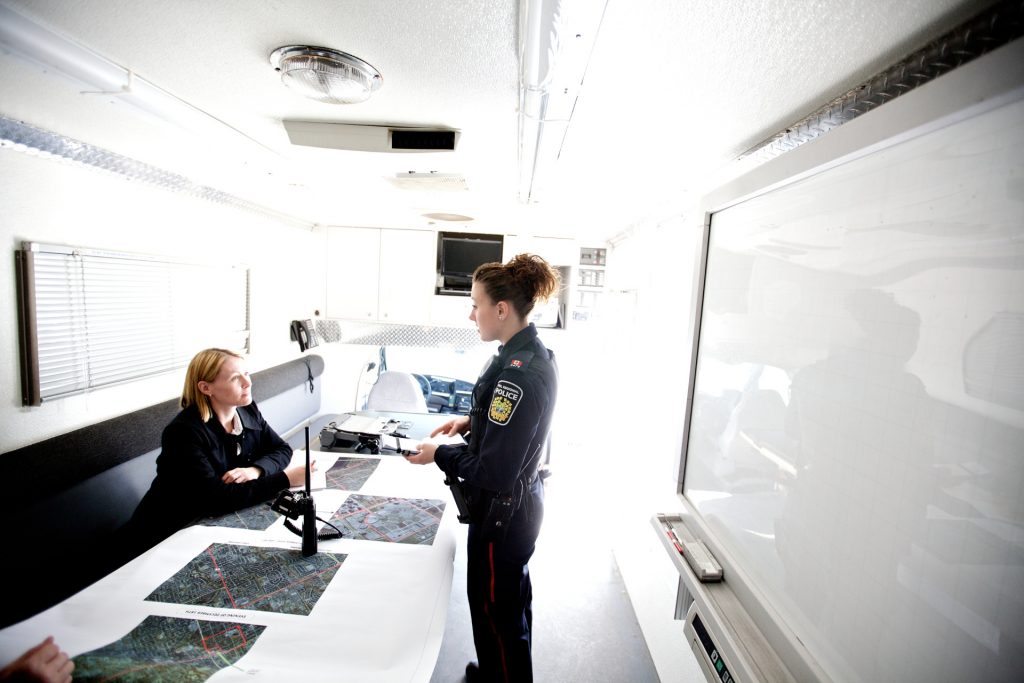
Picture what would happen if wireless signals were left unchecked—dispatchers might not reach first responders, companies could lose touch with crews in the field, and even personal smart devices could start interfering with each other. The result would be confusion at best and real danger at worst.
To prevent that, every country has a spectrum management authority that maintains order. In the United States, it’s the Federal Communications Commission (FCC). Here in Canada, that role is handled by the Innovation, Science and Economic Development (ISED) department, the office that issues licenses and certificates to ensure communication runs smoothly and safely.
What Is ISED, And What Does It Do?
ISED is a federal department that oversees a wide range of areas, from supporting innovation to regulating radio equipment. Formerly known as Industry Canada, the department was restructured and renamed in 2015, becoming Innovation, Science and Economic Development Canada.
When it comes to communications, ISED’s role is to manage spectrum, approve devices, and set out the standards that companies must follow before bringing products into the Canadian market. It conducts the certification process, publishes radio standards specifications, and maintains the official list of radio equipment.
ISED also works closely with NAV Canada, which is responsible for civil air navigation. Together, these organizations make sure both ground-based and airborne communication systems operate safely.
Understanding ISED Certification
If a company wants to sell radio equipment or other electronic devices in Canada, it usually needs an ISED certification (an IC number). This step confirms that the equipment has been through testing, meets radio standards, and complies with the country’s technical requirements.
An ISED certification isn’t just a rubber stamp—it’s a guarantee that radio frequency devices won’t cause harmful interference. Products that pass appear on the public radio equipment list, giving businesses and consumers confidence. For companies outside Canada, approvals often involve working with a recognized foreign certification body.
Certification and the Canadian Market
In the Canadian market, product certification is mandatory. Without it, you simply can’t bring most wireless devices to customers. The major device rules are in place to protect spectrum efficiency, ensure safety, and make sure new devices work alongside existing frequency devices.
This isn’t just bureaucracy—it’s what keeps the system fair. A solid certification framework means end users can trust their equipment will work as promised and meet regulatory requirements. For businesses, it means avoiding setbacks by following the proper process from the start.
How the FCC and ISED Are Alike
The FCC and ISED share many similarities. Both act as a certification body, both oversee radio frequency devices, and both enforce standards for testing and approvals. Each publishes its own lists of approved devices and ensures manufacturers follow the required certification process.
In practical terms, both organizations provide essential services to industries that depend on communications, helping them understand the rules before releasing new equipment.
How the FCC and ISED Differ
There are also some crucial differences. The FCC is an independent U.S. agency, while ISED operates under the federal government as part of Economic Development Canada. Their areas of jurisdiction are also distinct—the FCC for the U.S., and ISED for Canada.
Another difference is how each handles certification. The FCC relies heavily on third-party testing labs, while in Canada, companies must secure ISED certification through a recognized certification body. ISED also ties its work closely to broader national goals like innovation and economic growth, whereas the FCC’s role leans more toward consumer-facing regulation.
Why Certification Matters in Canada
Everything from two-way radios to mobile devices requires certification before gaining market access in Canada. Without that step, there’s no way to ensure they’ll work properly or avoid interference with other critical systems.
That’s why many companies turn to experts for certification services and guidance on the Canada certification process. Navigating ISED certification takes time, knowledge, and the right partners to ensure your equipment complies with ISED standards and other Canadian regulations.
Tridon Communications: More Than Just Radios
At Tridon Communications, we know reliable communication is about more than just radios or devices. We sell, integrate, and maintain everything from simple two-way radio equipment to advanced voice, data, access control, and video security services.
But we don’t stop there. If your business needs help applying for an ISED License Canada or working through NAV Canada approvals, we can guide you through the paperwork and testing requirements. Our team understands the details of the certification process and has experience with Canada Certification Services.
By choosing Tridon, you get dependable communication equipment, expert support, and a partner that helps you stay compliant in the Canadian market.
